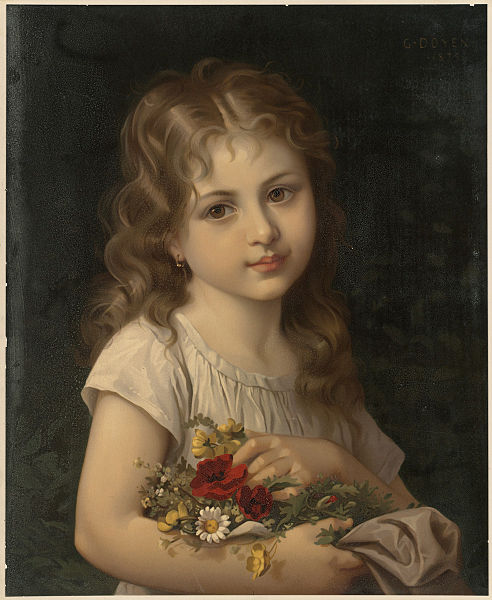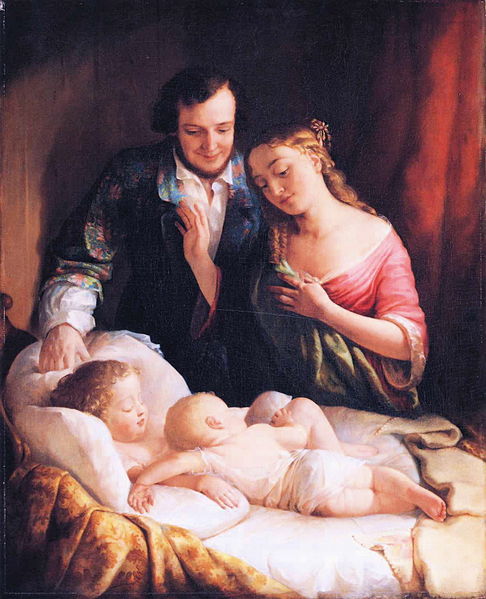
Thammasat University students are cordially invited to participate in a free Zoom webinar on Thursday, 26 August 2021 starting at 6pm Bangkok time on what is happiness.
The Thammasat University Library collection includes several books about different aspects of happiness.
The term happiness is used in the context of mental or emotional states, including positive or pleasant emotions ranging from contentment to intense delight, and in terms of life satisfaction and subjective well-being.
As TU students know, happiness is a central theme of Buddhist teachings, through loving kindness and compassion to seek the happiness and welfare of all beings.
The webinar is hosted by The University of Sydney, Australia.
Students may register at this link:
https://www.sydney.edu.au/engage/events-sponsorships/sydney-ideas/2021/what-is-happiness.html
For further information or with any questions, kindly write to this email address:
sydney.ideas@sydney.edu.au
There will be an option at registration to submit a question to the webinar panel.
As the event webpage explains,
Happiness. There are entire industries dedicated to helping us find it. Endless social media advice, self-help books and gurus promising health, wealth and happiness if only you do that one thing.
But it can be hard to feel happy in the face of a pandemic – extended lockdowns, the chaos and uncertainty of working from home, of home-schooling, or simply feeling like everything is just relentless.
What are we really chasing, and why? What is the difference between being happy with your life compared to being happy in your life?
Among the participants will be Dr. Caroline West, Senior Lecturer in Philosophy at the University of Sydney; the economist Dan Nahum; and Dr Tim Sharp, a psychologist whose book, 100 ways to happiness: a guide for busy people is in the TU Library collection.
Dr. Sharp suggests that we might feel better if we imagine our best possible selves, set smart goals, make fun and laughter a priority, exercise and move any way we can, be sure to get enough sleep and rest, ask for help if we need it, give help whether or not we are asked, focus on positive things, and forgive others and ourselves.
Since it is not possible to be happy all the time and emotions such as sadness, anxiety, and frustration will occur, it is best to have a lifelong attitude to promote happiness.
Try to keep in mind that we can learn and become better.
If we imagine our goals, try to work backwards from these achievements and see how we can best get to where we want to be someday.
If we continue to do the same thing, we will get same results, so change is helpful.
Here are some thoughts about happiness by authors, most of them represented in the TU Library collection:
Of all the means which wisdom acquires to ensure happiness throughout the whole of life, by far the most important is friendship.
- Epicurus
The care of human life and happiness, and not their destruction, is the first and only legitimate object of good government
- Thomas Jefferson
Happiness exists on earth, and it is won through prudent exercise of reason, knowledge of the harmony of the universe, and constant practice of generosity.
- José Martí
Happiness is surely the best teacher of good manners: only the unhappy are churlish in deportment.
- Christopher Morley
Make up your minds that happiness depends on being free, and freedom depends on being courageous.
- Pericles
The highest human happiness is not the exploitation of the present but the preparation of the future.
- Leon Trotsky
Happiness is the truth.
- Pharrell Williams
I have now reigned above fifty years in victory or peace; beloved by my subjects, dreaded by my enemies, and respected by my allies. Riches and honours, power and pleasure, have waited on my call, nor does any earthly blessing appear to have been wanting to my felicity. In this situation, I have diligently numbered the days of pure and genuine happiness which have fallen to my lot: they amount to Fourteen: – O man! place not thy confidence in this present world!
- Abd al-Rahman III, quoted by Edward Gibbon in Decline and Fall of the Roman Empire, chap. LII
Happiness, whether consisting in pleasure or virtue, or both, is more often found with those who are highly cultivated in their minds and in their character, and have only a moderate share of external goods, than among those who possess external goods to a useless extent but are deficient in higher qualities.
- Aristotle in Politics
I shall take the heart… for brains do not make one happy, and happiness is the best thing in the world.
- Frank Baum, the Tinman in The Wonderful Wizard of Oz (1900).
HAPPINESS, n. An agreeable sensation arising from contemplating the misery of another.
- Ambrose Bierce, The Cynic’s Dictionary (1906); republished as The Devil’s Dictionary (1911).
Happiness lies only in a divine unrest; and if you are lapped in comfort you stagnate and miss it.
- John Buchan, A Lodge in the Wilderness (1906), Chapter I.
Happy indeed we live, free from avarice amidst the avaricious. Amidst the avaricious men we dwell free from avarice.
Happy indeed we live, we who possess nothing. Feeders on joy we shall be, like the Radiant Gods.
Victory begets enmity; the defeated dwell in pain. Happily the peaceful live, discarding both victory and defeat.
- Gautama Buddha, Dhammapada, 199-201
The achievement of happiness requires not the … satisfaction of our needs … but the examination and transformation of those needs.
- Stanley Cavell, Pursuits of Happiness (1984)
Happiness lies in the fulfilment of the spirit through the body.
- Cyril Connolly, The Unquiet Grave (1945), Part I.
Thus happiness depends, as Nature shows,
Less on exterior things than most suppose.
- William Cowper in Table Talk (1817) line 246.
The lower animals, like man, manifestly feel pleasure and pain, happiness and misery. Happiness is never better exhibited than by young animals, such as puppies, kittens, lambs, &c., when playing together, like our own children.
- Charles Darwin, The Descent of Man (1871), volume I, chapter III: “Comparison of the Mental Powers of Man and the Lower Animals — continued”, p. 39.
Freud’s prescription for personal happiness as consisting of work and love must be taken with the proviso that the work has to be loved, and the love has to be worked at.
- Sydney J. Harris, Pieces of Eight (1982).
Happiness in this world, when it comes, comes incidentally. Make it the object of pursuit, and it leads us a wild-goose chase, and is never attained. Follow some other object, and very possibly we may find that we have caught happiness without dreaming of it.
- Nathaniel Hawthorne in The American Notebooks (1851).
The great end of all human industry, is the attainment of happiness. For this were arts invented, sciences cultivated, laws ordained, and societies modelled, by the most profound wisdom of patriots and legislators. Even the lonely savage, who lies exposed to the inclemency of the elements and the fury of wild beasts, forgets not, for a moment, this grand object, of his being.
- David Hume, “The Stoic”, Essays, Moral, Political and Literary, part 1, essay 16, in The Philosophical Works of David Hume (1826), vol. 3, p. 167.
Happiness is not achieved by the conscious pursuit of happiness; it is generally the by-product of other activities.
- Aldous Huxley, Essay “Distractions I” in Vedanta for the Western World (1945)
The happiest people seem to be those who have no particular cause for being happy except that they are so.
- William Ralph Inge
Morality is not properly the doctrine of how we may make ourselves happy, but how we may make ourselves worthy of happiness.
- Immanuel Kant, Critique of Practical Reason (1788).

(All images courtesy of Wikimedia Commons)

